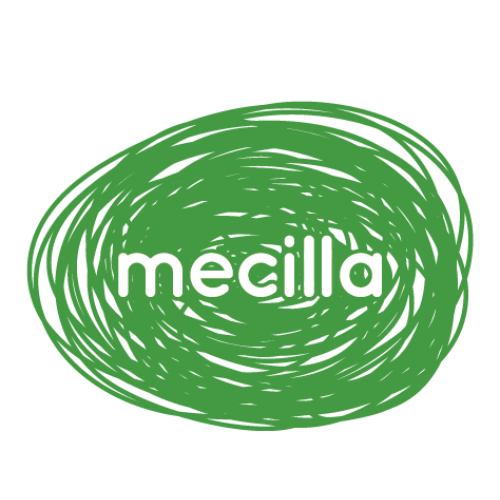Tencel Lyocell
Tencel Lyocell, to give it its full name, is a new eco textile made from pulped Eucalyptus trees, and the most environmentally friendly man-made cellulosic fibre available today.
Eucalyptus Tencel is produced using a lyocell process exclusively from the wood pulp of Eucalyptus trees certified by the Forestry Stewardship Council (FSC), and the fibre carries the Pan-European Forest Council (PEFC) quality seal.
Eucalyptus is a type of woody flowering trees (and a few shrubs) that is perhaps best known for its feeding and sheltering of its famous inhabitant, the Koala. An essential oil extracted from Eucalyptus leaves contains compounds that are powerful natural disinfectants, which makes it a popular fragrance for soap makers. Unlike organic cotton plants, Eucalyptus is woody and therefore needs energy input to convert it into a soft fibre before it can be used for clothing.
How do you turn Eucalyptus into a fabric?
This is done in a process with similar basic principles as other semi-synthetic natural fibres, such as Viscous bamboo fabric, but the Lyocell process used to make Eucalyptus is more benign and eco-friendly.
To make our Tencel Lyocell Eucalyptus garments, the Eucalyptus wood is pulped, reduced down into a cellulose viscous solution that is forced through spinnerets. These stringy fibres that come out of the nozzle are spun up into a soft, lightweight and breathable fabric called Tencel. It’s derived from 100% FSC certified Eucalyptus trees and the fibre carries the Pan-European Forest Council (PEFC) quality seal.
The only chemical used in the Tencel manufacturing process is the non-toxic solvent, amine oxide, that allows closed loop processing where up to 99% of the chemical is perpetually re-used, minimising the impact on the environment and conserving energy and water.
The MSDS (Material Safety Data Sheet) for lyocell rates the amine oxide solvent used to digest the wood pulp as being non-toxic. About 99% is recovered and recycled during the manufacturing process. Also, waste products in the air and water from the manufacturing process are minimal and considered harmless.
Lyocell fiber is eco-friendly since products made from it can be recycled and lyocell is biodegradable because it is a cellulosic fiber. Products made from lyocell can be recycled, incinerated, or digested in sewage. The fiber will usually degrade completely in just eight days in waste treatment plants.
The European Union (EU) awarded this process the Environmental Award 2000 in the category 'technology for sustainable development'.
How does it feel?
The material is well known for its outstanding physical characteristics - silky softness and luxurious drape. It is perfectly smooth, with depth of colour, excellent moisture absorbency, and is naturally hygienic as it inhibits the growth of bacteria.
Soft, breathable, kind to skin and incredibly versatile, we’ve taken this amazing new eco textile and created some instant bold, fashionable styles that push the boundaries of eco fashion.
Try one and feel the difference...

